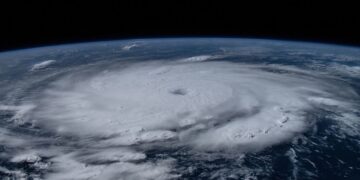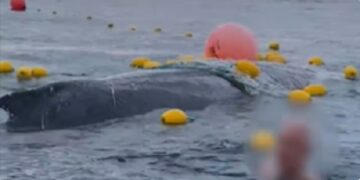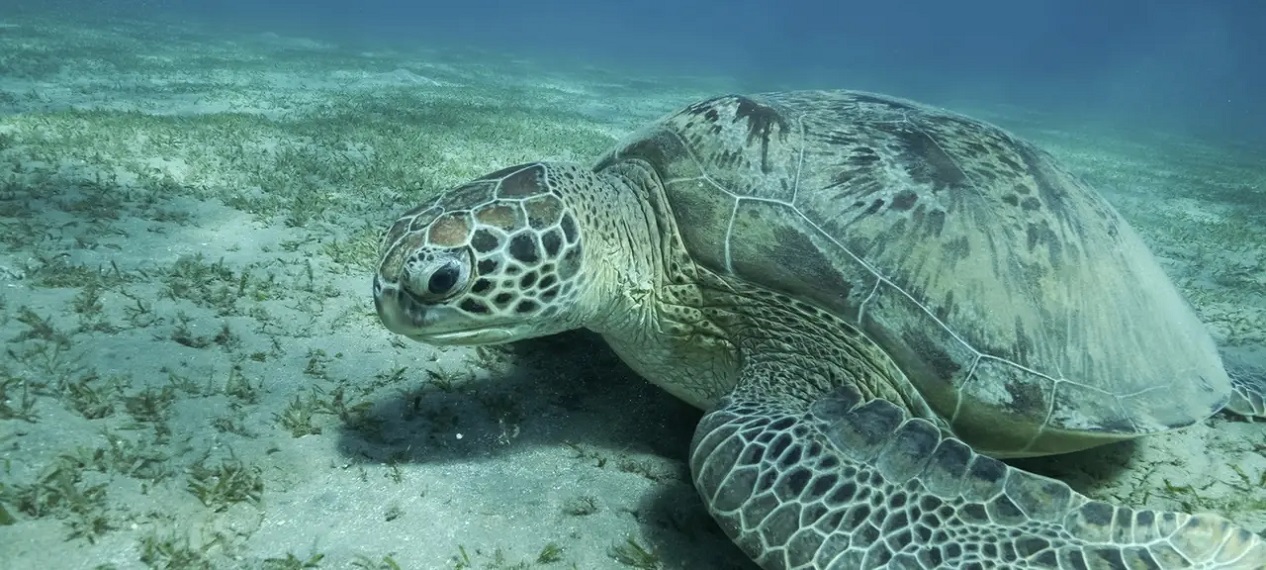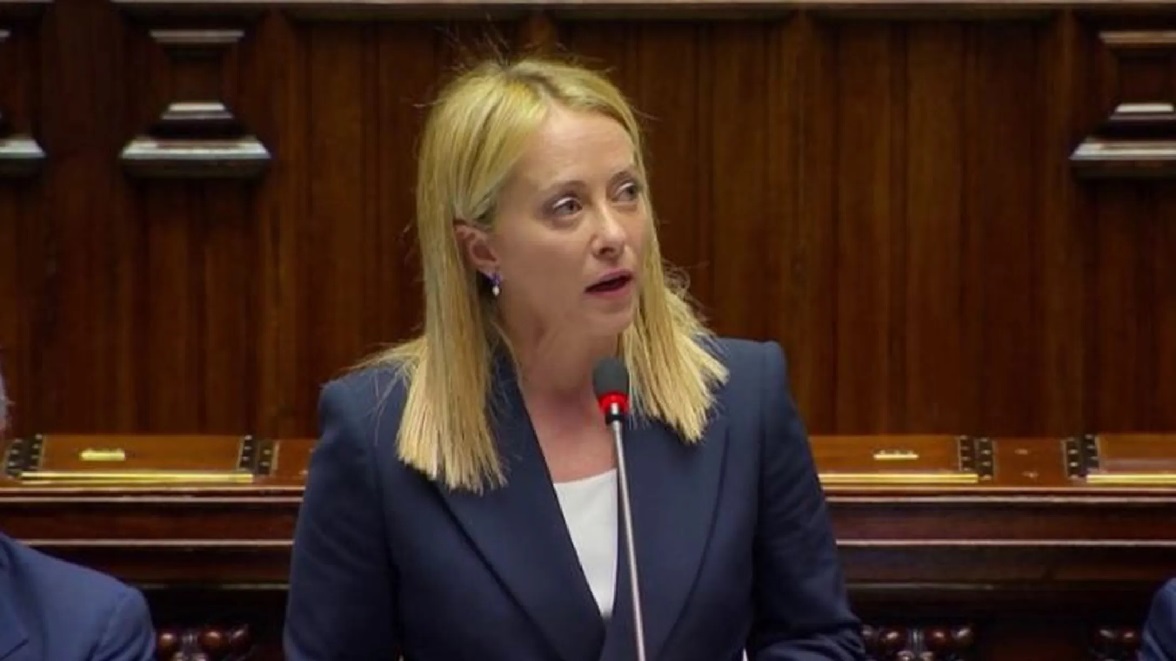 Greece has announced plans to establish two new marine protected areas in a bid to safeguard biodiversity and ecosystems. Environmental organizations are unimpressed by the proposals, and tensions have also arisen with Turkey.
Greece has announced plans to establish two new marine protected areas in a bid to safeguard biodiversity and ecosystems. Environmental organizations are unimpressed by the proposals, and tensions have also arisen with Turkey.
Two New Marine Protected Areas in Greek Waters
Greece has announced plans to establish two new marine protected areas in a bid to safeguard biodiversity and ecosystems. Environmental organizations are unimpressed by the proposals, and tensions have also arisen with Turkey.
Greece intends to create two new marine protected areas, one in the Ionian Sea and the other in the Aegean Sea, as part of a program aimed at preserving marine biodiversity and ecosystems. The country is expected to unveil the plan officially at an international ocean conference commencing in Athens on Wednesday. The estimated cost for the initiative is €780 million.
“We are expanding the size of our marine protected areas by 80%,” stated Greek Prime Minister Kyriakos Mitsotakis. This expansion aims to cover more than 30% of Greek waters with marine protected areas.
As of 2019, Greece had protected around 17% of its seas, ranking fifth in the EU behind Portugal (46%), Denmark (44%), the Netherlands (40%), and France (24%) – excluding the UK (then an EU member). Germany had only approximately 7% of waters protected.
The Purpose of Marine Protected Areas
According to the EU Commission, the purpose of marine protected areas is to safeguard endangered species and ecosystems, maintain biological diversity, and promote sustainable practices. Many marine protected areas also serve as living laboratories for research.
The specific regulations within marine protected areas vary greatly depending on the location. Some areas prohibit specific fishing methods, impose fishing moratoriums in certain regions, or set limits on the maximum fish catch. “No-Take” zones, where fishing is completely prohibited, are relatively rare worldwide, with only a small portion falling under this designation within marine protected areas. Such zones are uncommon in Europe.
Environmental Organizations Critique Greece’s Plans
Environmental organizations are underwhelmed by Greece’s proposals, urging for more stringent measures. Greenpeace and WWF criticized Greece for allowing deep-sea energy exploration in the Mediterranean. Responding evasively to questions about enhanced protection in these areas, Greece’s Minister of Environment and Energy emphasized the need for additional funding and a scientific, rather than ideological, approach.
Nikos Charalambidis, the head of Greenpeace in Greece, stressed that the ocean conference should not merely serve as an opportunity for governments to self-congratulate on their rhetoric. The conference is set to host about 300 representatives from over 100 countries, with commitments to environmental projects totaling around $10 billion.
Turkey Expresses Displeasure Over Greece’s Aegean Plans
The initiative has also sparked tensions with neighboring Turkey, with whom Greece has a longstanding strained relationship, partly due to territorial disputes in the Aegean Sea. Turkey accused Greece of exploiting environmental issues for its own benefit, prompting a response from the Greek Foreign Ministry accusing Turkey of politicizing a clear-cut environmental matter.












